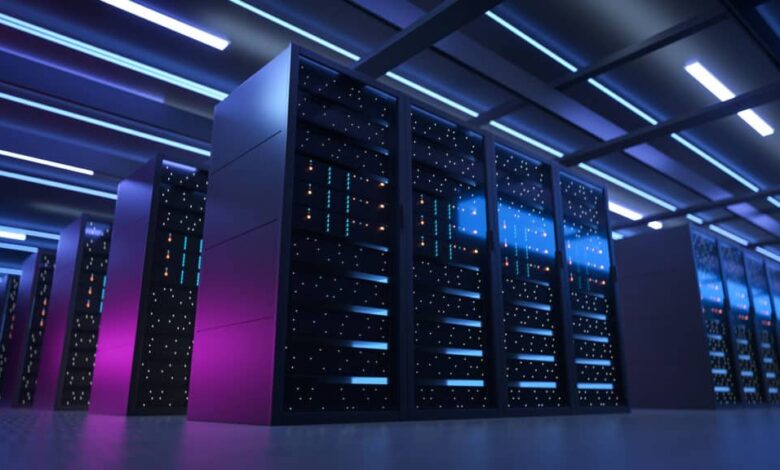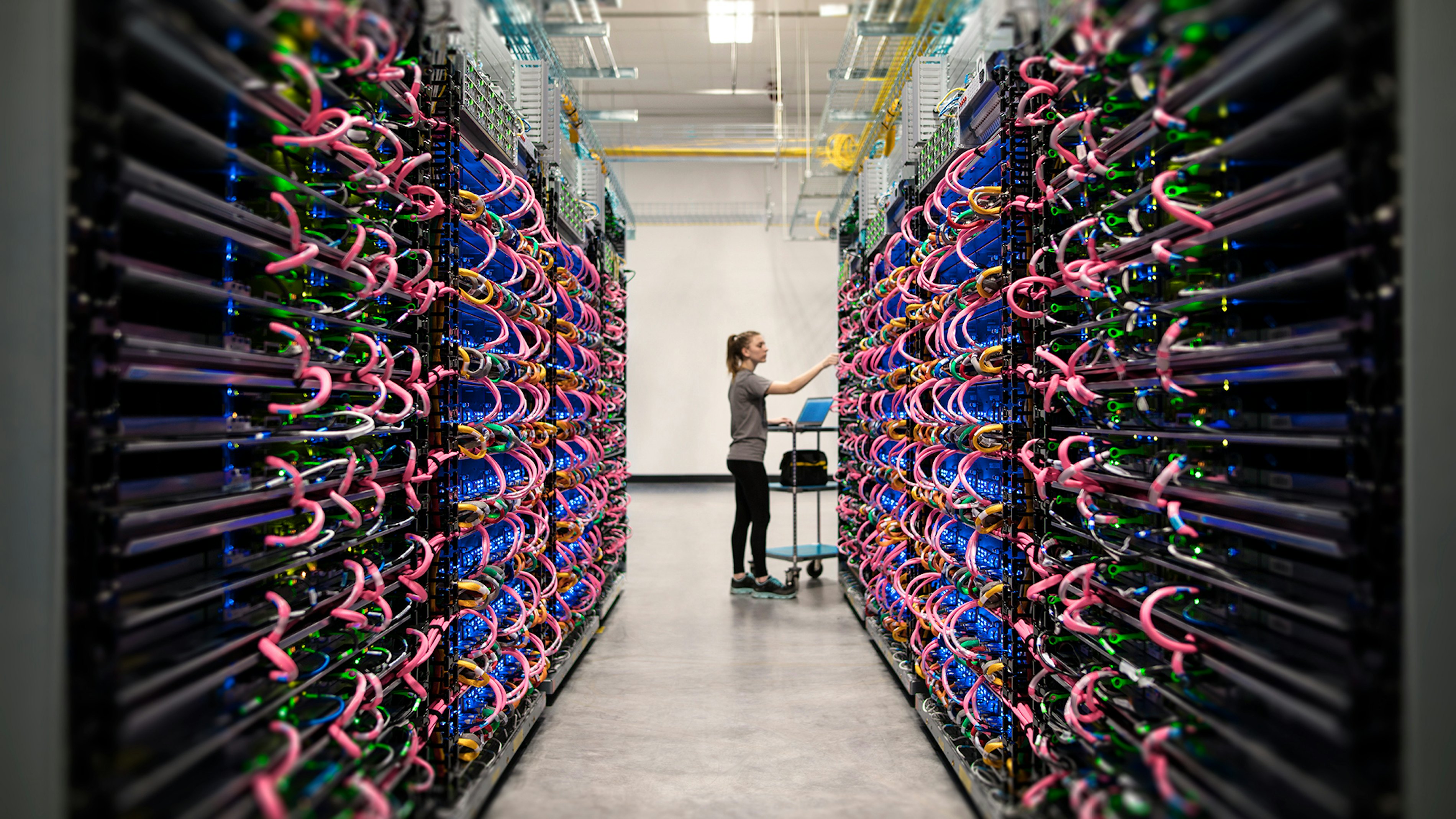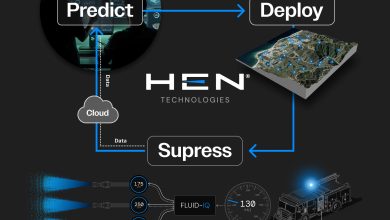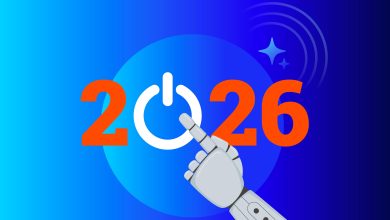
Current statistics show that there are 5,381 data centers in the United States of America alone. This is even far more than any other country with Germany ranking second with 521 data centers. This is not surprising especially because many businesses in America depend with the data centers for storage and management of huge amounts of data.
Storage devices, routers and servers are some of the common equipments that are usually found in data centers. These components enable the details of data centers to offer Word Wide Web hosting, financial transactions, and consistent access to critical knowledge.
In other words, data centers could not offer these services without being maintained. Precinct management helps in the preservation of the Data center maintenance, and also minimizes on any possible outage.
Reduced downtime returns more revenues to your company’s profit and loss statement.
The Benefits of Regular Data Center Maintenance
Regarding the number of online services for which data center logistics are critical, it is evident why maintenance is so crucial.
The first advantage of proactive maintenance can be generalized as more time throughout the day and days of the week, months, and years for your business and other businesses that rely on the equipment. In this way a business is saved from having to bridge costs meant for running the business when issues that lead to the outage have already been anticipated and rectified.
When the data center that stores your IT equipment becomes a no-go area due to a power outage, clients are not able to get the good service with which they have come to associate your business. There is also no guarantee that the data center will be back online quickly enough to avoid major disruptions in your business.
Data centers also carry out preventive maintenance activities mostly on heating, ventilation, and cooling systems and emergency power supply. This prevents cases of overheating of electronic gadgets and loss of important data in other gadgets.
Hence, ‘five-nines’ availability of the data center means fewer outages of the application and can contribute to enhancing your business’s customer relations. Since happy customers are loyal customers, the end result is growth in profitability of the business.
Data Center Equipment Lasts Longer
Data centers are expensive to set up, and the equipment inside them is also expensive. Regular maintenance, which includes cleaning, air climate control, and software updates, prolongs the lifespan of this equipment.
The last thing you want is to use data center services only to be offline for days because of a lack of maintenance or outdated firmware.
Moreover, running a data center is expensive because of the required raw resources. Data centers can cut costs with regular maintenance because fixing issues will be one less expense to worry about.
Ultimately, you want to deal with a data center that considers these factors, especially since you must pay a substantial deposit and setup fee to use their services.
Better Energy Efficiency
Ideally, you also want to work with a data center that conducts regular assessments of power consumption. There may be areas to improve, such as upgrading power distribution units or cooling systems.
Reduced energy consumption means lower costs for the data center. This may even translate to cost savings for your business in the form of lower setup fees.
Increased Security
Maintenance also extends to data center security. Data centers take security seriously because a single data breach can devastate any business. Data breaches may also lead to legal repercussions, which are always best avoided.
Security at data centers includes access control, cameras, and software security. Physical security measures help protect employees and property from robberies, theft, and even natural disasters.
Physical security systems block access by unauthorized people. This typically includes security guards on site and 24/7 CCTV surveillance. These physical systems include fire alarms, smoke detectors, water leakage detectors, and fire protection systems.
All of these implemented security systems must be maintained regularly to ensure they work when they need to.
Software security intercepts and blocks unauthorized attempts to access data stored on the data center servers. These security measures and techniques must be upgraded regularly in response to malicious malware being developed to break through firewalls.
By working with a data center that prioritizes security maintenance, you will gain peace of mind knowing that your data stays protected even from sophisticated cyberattacks.
Compliance With Industry Regulations
Many industries have data privacy regulations that businesses must comply with. These regulations may dictate specific data security measures when data centers store business data and information.
Regular maintenance of hardware and software components within a data center ensures compliance with these regulations. Maintenance also includes updating firewalls, intrusion detection, and disposing of outdated electronics.
Scalability for Any Business
Whether you have a small or medium-sized business, your needs will grow. A regularly maintained data center is more likely to adapt to your growing business needs.
For instance, if your IT requirements increase, the data center will have properly maintained power grids and cooling systems to ensure the additional equipment works.
Choosing a Data Center That Works for Your Business
Efficient, proactive maintenance is a major factor in choosing a data center, but it is not the only one.
Ideally, you want a data center close to your business. This would make it much easier and cost-effective for your IT employees to travel to the physical location.
It is also crucial to choose a data center that is not in a location where natural disasters typically happen. Data centers in high-risk locations will have extra preventive measures to prevent damage and downtime. However, if you can find a data center in a better location, this would be the best choice.
You also want exceptional reliability. Experience, expertise, and maintenance play a role in this requirement. Reliability means uptime, and these three factors must work together to provide at least 99.99% uptime 24/7.
If something does happen and an outage occurs, there must be a commitment from the data center to get things up and running again as soon as possible.
Also, choosing a data center that has only been operating for a few months is not the best idea. You want a stable facility with enough experienced staff to support your IT infrastructure requirements for at least five years. New data centers cannot guarantee this.
When searching for a data center, ensure that the one you choose offers an SLA (service level agreement). Also, inquire about the facility’s maintenance schedule and how unavoidable disruptions will be handled.
Generally speaking, you should only work with a data center that communicates clearly and honestly about everything that may impact your business.





